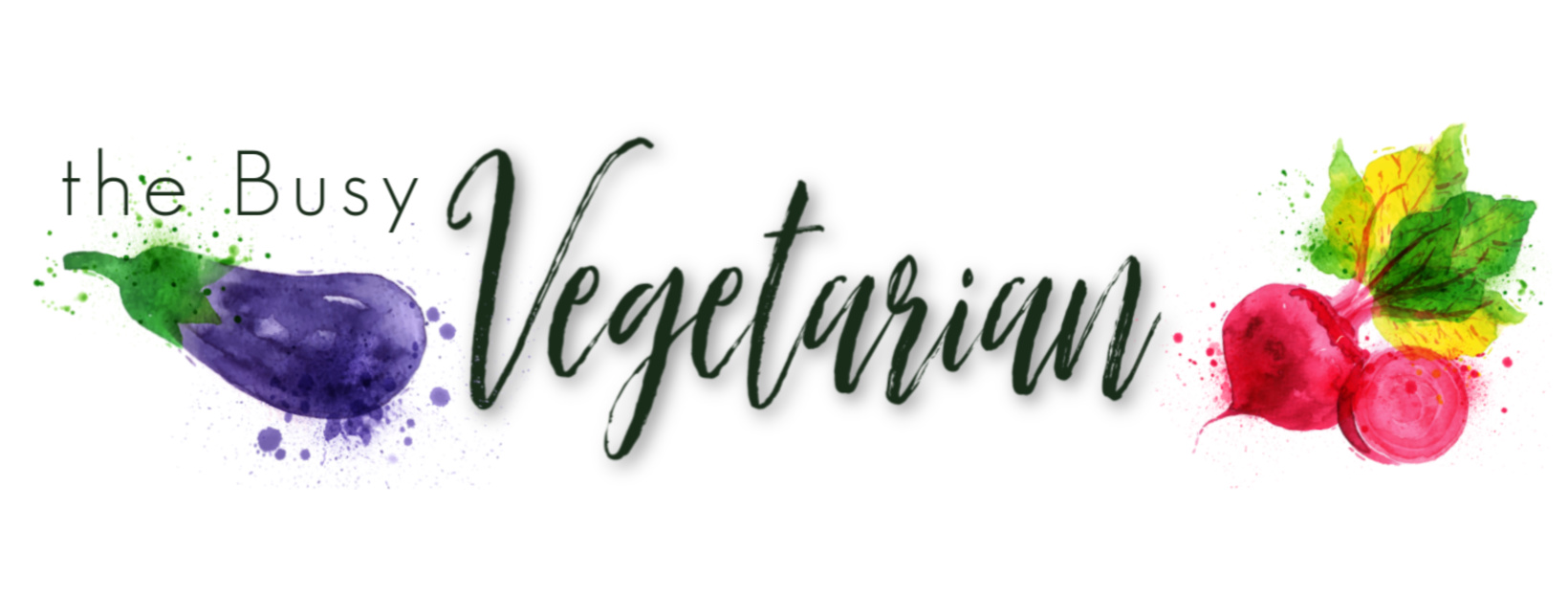The role of a Prior Authorization Specialist is integral to the healthcare system, serving as a bridge between healthcare providers, insurance companies, and patients. However, this pivotal role has numerous challenges requiring expertise, patience, and resilience. Recognizing these obstacles and creating plans to get beyond them is essential for effectiveness and job satisfaction.

Understanding the Role of a Prior Authorization Specialist
Prior Authorization Specialists ensure that insurance companies cover medications and procedures physicians recommend. This involves verifying insurance policy guidelines, submitting prior authorization requests, and providing necessary documentation. The objective is to secure timely and efficient approval from insurance providers to avoid disruptions in patient care.
Common Challenges Faced
Navigating Complex Insurance Policies
Insurance policies often involve intricate details and varying criteria across different providers. Each insurance company has its own set of guidelines and requirements that must be thoroughly understood and followed. This complexity can lead to time-consuming processes, especially if not well-acquainted with the specifics of each provider’s policy. Continuous education and updates on policy changes are vital for efficiency.
High Volume of Paperwork
Managing prior authorizations typically involves considerable paperwork, including forms, medical documents, and detailed patient information. This can be overwhelming, mainly when dealing with high volumes or urgent cases. the ability to set priorities and schedule one’s time effectively tasks effectively are crucial in handling this workload without error. Implementing effective organizational systems can also ease the burden.
Technological Challenges
While technology can facilitate many processes, it can also present challenges. Different insurance companies use various systems and platforms to submit authorization requests. Navigating these systems requires technical skills and the ability to troubleshoot issues as they arise. Investing time in training and familiarization with these systems can help mitigate potential challenges.
Communication Barriers
This role requires consistent communication with healthcare providers, insurance representatives, and patients. Miscommunication or delays in communication can impede the authorization process. Prior Authorization Specialists must possess strong communication abilities and the capacity to accurately communicate complex facts and accurately. Establishing direct and efficient lines of communication is essential for smooth operations.
Dealing with Rejections and Appeals
Rejections from insurance companies can be a significant hurdle. Specialists must thoroughly understand the reasons for rejections and know how to effectively gather additional information or reformat requests for successful appeals. Patience and persistence are necessary in handling these difficult situations. Learning from previous rejections can inform future submissions, improving the likelihood of success.
Strategies for Overcoming Challenges
Staying Informed and Educated
Continuous education is vital in staying current with changing insurance policies and procedures. This can be accomplished by means of seminars, workshops, and ongoing training. Networking with other Prior Authorization Specialists can also provide valuable insights and support. Staying informed enhances performance and builds confidence in handling complex cases.
Building Strong Relationships
Strong professional relationships with insurance representatives, healthcare providers, and patients can streamline the authorization process. Trust and respect can lead to better cooperation and quicker resolutions. Prior Authorization Specialists should aim to establish rapport and keep lines of communication open with all concerned parties.
Utilizing Technology Efficiently
Embracing technology can significantly enhance efficiency and accuracy in managing authorizations. Implementing electronic health records (EHR) systems and utilizing management software for tracking and documentation can reduce errors and save time. Specialists should seek out technological tools that assist in organizing and streamlining processes.
Enhancing Communication Skills
Effective communication is critical to overcoming many challenges in this role. Specialists should focus on developing clear and concise verbal and written communication skills. They should also practice active listening to accurately understand requirements and respond appropriately. Regular feedback from colleagues and clients can offer opportunities for improvement in this area.
Developing Problem-Solving Skills
Problem-solving abilities and critical thinking are crucial for navigating prior authorization challenges. Specialists must evaluate situations, consider potential solutions, and implement strategies that effectively address problems. Building these skills through training and real-world experience will enable specialists to handle difficult situations more confidently and successfully.
Time Management and Stress Reduction Techniques
In the high-pressure world of prior authorization, effective time management and stress reduction techniques are crucial for maintaining productivity and well-being. Specialists should prioritize tasks based on urgency and importance, utilizing to-do lists or project management tools to keep track of assignments. Allocating specific time slots for different tasks can prevent feeling overwhelmed and help maintain focus. Moreover, incorporating stress reduction practices, such as mindfulness, meditation, or short breaks, can significantly enhance mental clarity and resilience. Frequent physical activity and a positive work-life balance are also integral to managing stress and sustaining long-term career satisfaction. Prior Authorization Specialists can effectively manage time and stress and enhance their performance and overall job satisfaction.
Looking to the Future
The role of Prior Authorization Specialists will continue to evolve alongside advancements in healthcare technology and changes within the insurance industry. Automation and artificial intelligence may soon play a more significant role in streamlining processes and reducing the volume of paperwork and manual tasks. As the industry evolves, specialists should remain adaptable, continually building their skills and knowledge to keep pace with technological advancements. Embracing change and proactively seeking new opportunities for learning and development will be vital to staying competitive and thriving in the field. With a focus on innovation and efficiency, Prior Authorization Specialists will play a critical role in ensuring patients receive timely and effective care.
Conclusion
The role of a Portiva Prior Authorization Specialist is both challenging and rewarding. By understanding and addressing the various challenges faced, specialists can enhance their efficiency and effectiveness in guaranteeing that patients have the care they want without needless delays. Through continuous education, relationship building, effective use of technology, improved communication, and strong problem-solving skills, Prior Authorization Specialists can overcome obstacles and make significant contributions to the healthcare system. a









What do you think?